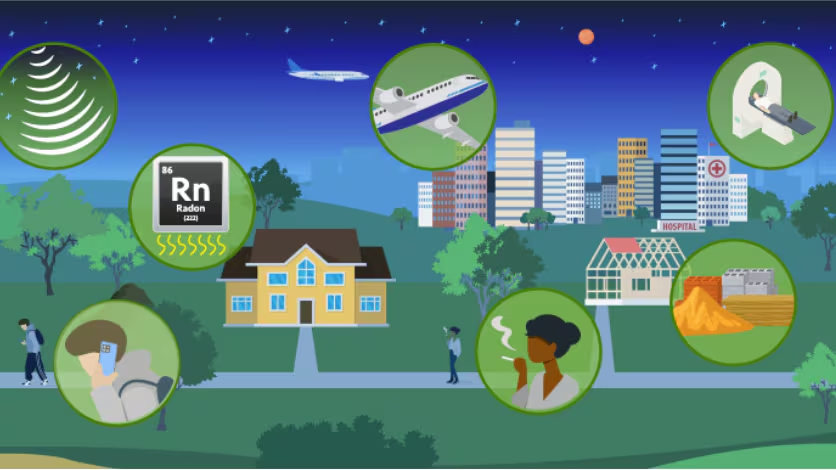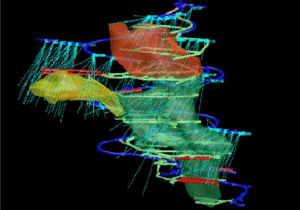
Radiation can have a range of effects on the human body, depending on the type, intensity, and duration of exposure. These effects can be broadly classified into two categories:
Acute Effects:
- High Doses: Exposure to very high levels of radiation, such as from a nuclear explosion or accident, can cause acute health effects like nausea, vomiting, skin redness, hair loss, acute radiation syndrome, or even death. These effects are often seen within hours or days of exposure.
Long-term Effects:
- Low Doses: Exposure to low levels of radiation over a prolonged period can increase the risk of developing certain types of cancer, such as leukemia, thyroid cancer, and breast cancer. These effects may not appear for years or even decades after exposure.
Specific Effects:
- Radiation Sickness: This is a collection of symptoms that occur after exposure to high doses of radiation. Symptoms can include nausea, vomiting, fatigue, and hair loss. In severe cases, it can lead to organ failure and death.
- Cancer: Radiation can damage DNA, which can lead to the development of cancer. The risk of cancer increases with the amount and type of radiation exposure.
- Birth Defects: Pregnant women who are exposed to high doses of radiation may have children with birth defects.
- Thyroid Problems: Exposure to radioactive iodine can increase the risk of thyroid cancer, especially in children.
It’s important to remember that: - The effects of radiation depend on the type, intensity, and duration of exposure.
- Everyone’s sensitivity to radiation is different.
- There are steps you can take to reduce your exposure to radiation, such as limiting your time in the sun, wearing protective clothing, and avoiding unnecessary medical X-rays.






